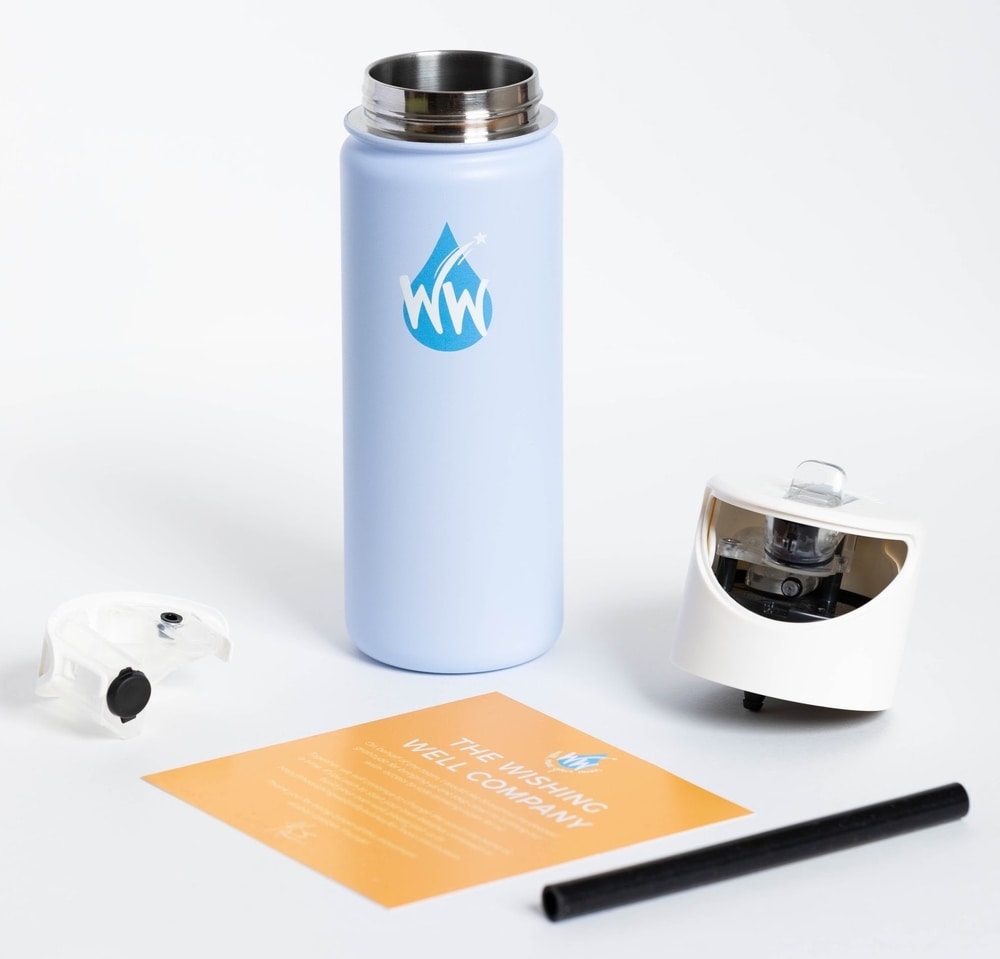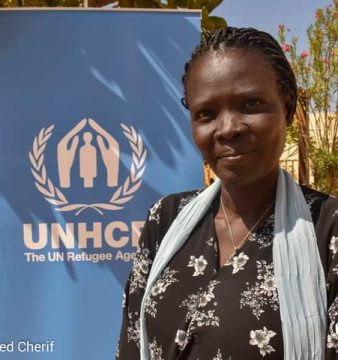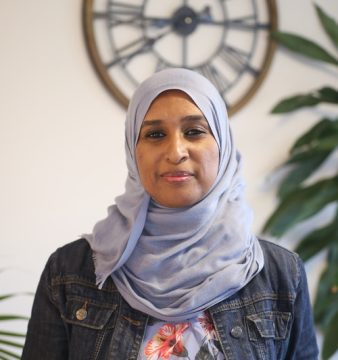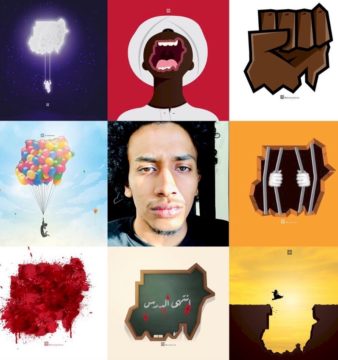The Wishing Well Co: Providing Water in Sudan and the African Region

For as long as we have known, the people of Sudan have continuously witnessed a stoop in their country’s economy. There have been many limitations in the way of people acquiring their basic needs, and simply surviving became a luxury for a large part of the population.
In an attempt to help Sudan recover on its path to development, countless non-profit organisations have been established over the years. While many have been successful, rural areas in Sudan still struggle with what could be considered a priority – access to safe drinking water.
Established in June 2020, The Wishing Well Company is a non-profit organisation aiming to help developing regions in Africa deal with the lack of access to clean water. As a starting point, the organisation plans to starting with Darfur, Sudan.
500 Words Magazine interviews the 19-year-old Canada-based founder of The Wishing Well Company, Kabier Izzeldin, to give us more insight into the initiative.
What inspired you to start The Wishing Well?
Every year, my family and I go back to Sudan during the summer to visit our relatives. What I always notice is the overwhelming amount of poverty among our people, and I always think to myself, we should never have to live in a world where a person has to beg for water.
The Wishing Well Company was inspired to spark change. One cannot expect a country to develop when fundamental parts of life of many individuals are simply unsolved. Change has to be brought at the individual’s level and that’s what I hope to accomplish. Our name was inspired by the idea of tossing a coin into a well after making a wish, which increases the chances of that wish coming true.
What is the organisation’s aim?
The Wishing Well Co aims to raise awareness about the lack of clean water access in developing regions in Africa. We are a federally incorporated non-profit organisation increasing accessibility of clean water sources by building water wells in developing regions in Africa and other affected areas around the world.
How will the donations be collected?
We have three ways that people can contribute to our cause. Through our website, you can place a regular donation; start a #wishes campaign to build a well under their name by raising the full amount of money to build it through families and friends; or purchase a reusable water bottle to create change one bottle at a time.

What makes The Wishing Well Company different from other non-profit organisations?
As an organisation, we strive ourselves to stand by three traits: empathy, courage and hope. Empathy is what keeps the fire burning in us to do what we do, driving us to create. We as a whole are courageous. Collectively, we’re working our way through places with a full head of steam where others are not working to help increase access to water. We are hopeful. Our vision for the future is to put ourselves through work with the effective efforts and progress we are making to creating everlasting and sustainable change.
Many organisations that are around today lack real acknowledgement of those who have played a role to contribute to fulfilling their vision. This is why we have brought it upon us to add the name of each individual who has contributed towards building a water well on the well. Our organisation contributes to more than just building water wells. During our journey, we will be employing locals to build the wells instead of large companies. We will also be increasing reusable water bottle usage through selling them, essentially reducing the need for plastic bottles. In addition, we allow for individuals to leave their mark for years by starting their own campaign to push for change. With the #wishes campaign individuals would be able to have entire wells named after them by raising money through families and friends to pay off the well.
And you’re starting with Darfur?
What better place to start helping out than with my own people? Darfur has undergone many unimaginable hardships dating back decades. This region in western Sudan is challenged developmentally and is in great need for access to clean water, as the lack thereof remains one of the major problems facing the people of Darfur.
We are planning to build as many wells in Darfur as we can, and for as long that it is needed. We consider this a long term effort striving to create a sustainable change.

Are you working with local or international organisations to ensure the wells are built? How will you maintain the wells?
Donations are monitored by the Canadian Revenue Agency to make sure funds are being used for their stated purpose. There’s also proof of money transfer and lots of videos and photos documenting the construction progress. Funds are collected in a business account that went through a vigorous process to be verified. The wells as mentioned will be built through locals that are known personally. A statement from the individual will be provided soon on our website. Every year, I return to Sudan with family and will personally visit the wells to make sure that maintenance is up-to-date. Personally, I will be paying for maintenance of the wells until the organisation expands.
Are you planning to work in other regions in Sudan?
Most definitely. We also plan on expanding throughout Africa to regions in need and then making our way all across the world! Approximately 780,000 people lack access to clean water, and we’re ambitious enough to take on that challenge through the community we are building.
For more information on The Wishing Well, visit their website or their Instagram page @twwcompany.

Samar Bengawi can be summed up in one word: workaholic. Born and raised in the UAE, and now based in Sudan. A medical student with a strong passion for words and music. You’ll always find her between the pages of a book, or near a cup of tea. She considers herself a patriotic and aspiring activist whose only hope is to leave a memorable mark in the world.




